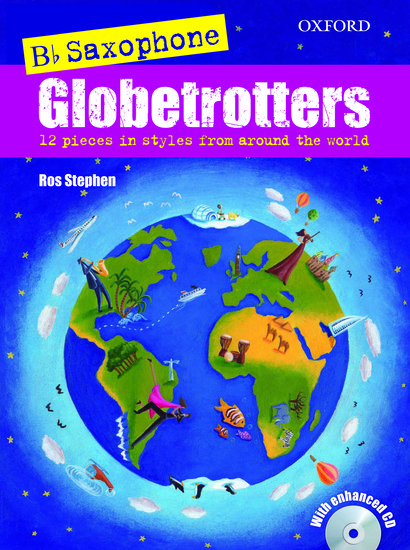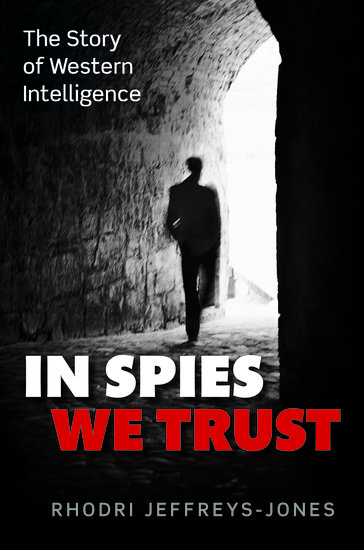These days do we really need a Man of Steel?
By Arthur P. Shimamura
As a child, I encountered the Man of Steel in the Adventures of Superman, the 1950s TV series that I watched as morning reruns a decade later. My Superman was “faster than a speeding bullet” and fought for “truth, justice and the American way.” My 26-year-old son, Thomas, encountered a similarly invincible superhero in Superman: The Movie, the 1978 blockbuster which starred Christopher Reeve.





